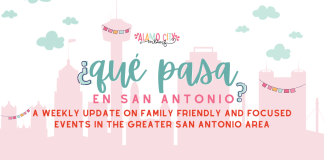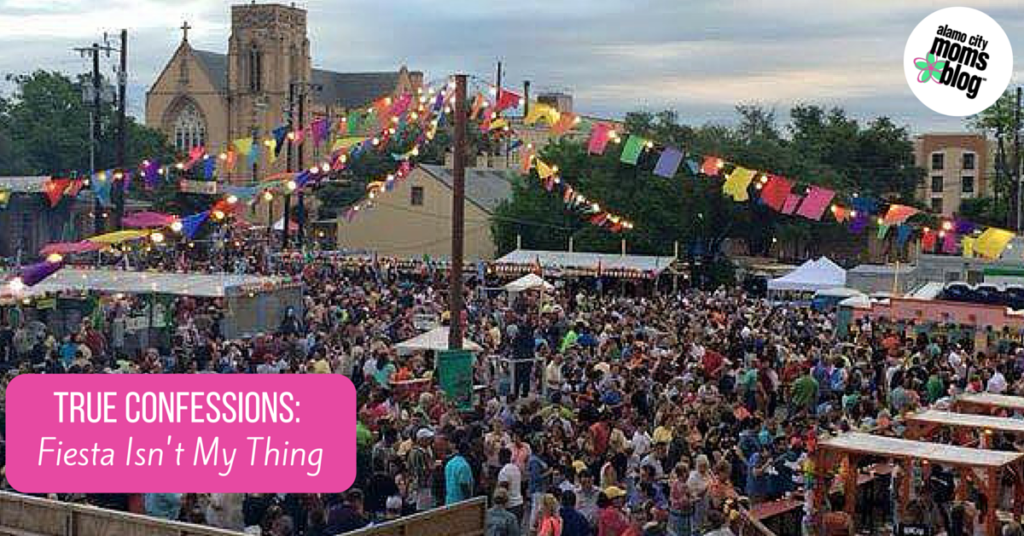There is never a right time to talk to your kids about racism, but when the latest Black victim of police brutality is front and center on the news, we must face it head-on. That’s a pretty big earful over a bowl of Cheerios. My son’s teacher texted my husband and I asking for advice. She wanted to talk to my son and his kindergarten classmates about the most recent police brutality case that made national headlines at the end of May–the murder of George Floyd, a Black man living in Minnesota. I intentionally chose not to engage with Floyd’s case–not because I didn’t care, but because the pain of caring was too much to bear. Name after name, case after case, made my spirit and heart hurt in a way that I’m not sure I’ll ever recover from. My son was an infant when the verdict came in about the murder of Ferguson, MO teen Michael Brown, and my spirit collapsed as I held him while the words streamed on the television screen.
But he is six years old now, and though he is intelligent and curious, we had only briefly discussed racism with him. We’d had conversations with him about being Black and taking pride in that. But what his teacher was asking us could potentially shift him forever. It’s a version of “the talk” that Black parents are familiar with but dread having. This isn’t about the birds and the bees, but instead about fiercely protecting our Black babies from a world that could harm them. My husband and I talked about it and decided to offer our full support for the conversation. I eagerly sat with my son on my lap as he logged into the daily Zoom session that had become his new norm. These Zoom sessions prioritize the socioemotional curriculum that made me fall in love with his school.
The conversation that she had with the students helped us continue the conversation over dinner. My son and his classmates asked tough questions of his teacher and later, of my husband and I. But they showed that our kids are resilient–and living through a pandemic is only strengthening that resolve. Young children are small, but they do not live in a bubble. They experience racism, have questions about differences, and need help understanding inequality. So when you have this conversation with your own children, what should you keep in mind?
Be a model for your kids: It is important that your children see a full range of emotions. My son’s teacher named her feelings as she discussed the Floyd case with her students: she told them that she was scared and had trouble sleeping the previous night. This is not the time to shy away from those feelings. Your children will see what it looks like to regulate their emotions and will be able to mirror your behavior.
Be intentional and specific with your language: You might feel the urge to shy away from using specific language when talking about hard topics. It’s important that you do not do this. This can confuse your child. My son’s teacher was specific in naming the reason why this Black man was killed: for being seen as a threat. When we spoke to my son over dinner, we were sure to explain racism to him by connecting it to a story that he’d heard during class just a few months ago.
Hold space for feelings–yours and theirs: Be prepared for a range of emotions from your children. They may feel fear, anger, rage, indifference or helplessness, particularly if they are younger. My son was somewhat indifferent, but as a kindergartener living in the middle of a pandemic, I imagine that his emotional capacity is pretty limited these days. Hold space for your own feelings and take care of yourself, especially if you are a parent of color. We are impacted disproportionately by police brutality, and introducing these topics to our kids may bring up feelings of sorrow or rage. If you are a White parent, it is important to make these conversations a normal part of your family. Police brutality and structural racism impact us all.
Utilize resources: There are fantastic books, articles, videos, etc. that you can use as conversation starters. I feel that this is also important for younger kids, who may not have a reference point. Talk to their teacher for advice on even more resources, and to see if they will incorporate this into their lessons as my son’s teacher did. Use these conversations as educational tools paired with the resources that you find. If your kids have questions that you don’t have answers to, do research with them. Be clear in the way you define things for them.
Call to action. During my son’s class, they listened to Breaking News, a story about experiencing tragic events from a child’s perspective. In the story, the main character wonders how to help, going from feelings of hopelessness to springing into action with small tasks. As adults, we can unintentionally minimize children’s efforts or feelings. Instead, take their feelings seriously. If the spirit of curiosity is sparked, ask them what societal problems they would like to solve. Talk to them about what they should do if they see or experience racial injustice. It is important that instead of a sense of fear, we empower our children to not only envision a better world but model a call to action to help that world materialize.
These conversations are never easy. I saw the look of confusion as my son asked why George Floyd was seen as a threat for being Black, and my heart sunk as I searched for the words to describe racism. I had been dreading this conversation for as long as I could remember. But on the other side of that fear is a desire to always encourage tough moments like these. We will raise better children when we normalize difficult conversations, encourage them to recognize inequalities when they see them and call out racism.
For more resources on talking to your kids about race, this article by Katrina Richie has a great list. Visit this guide from Black Lives Matter for a comprehensive list of resources, with particular guidance for educators.












This is so helpful Briana. Thank you for sharing with us.